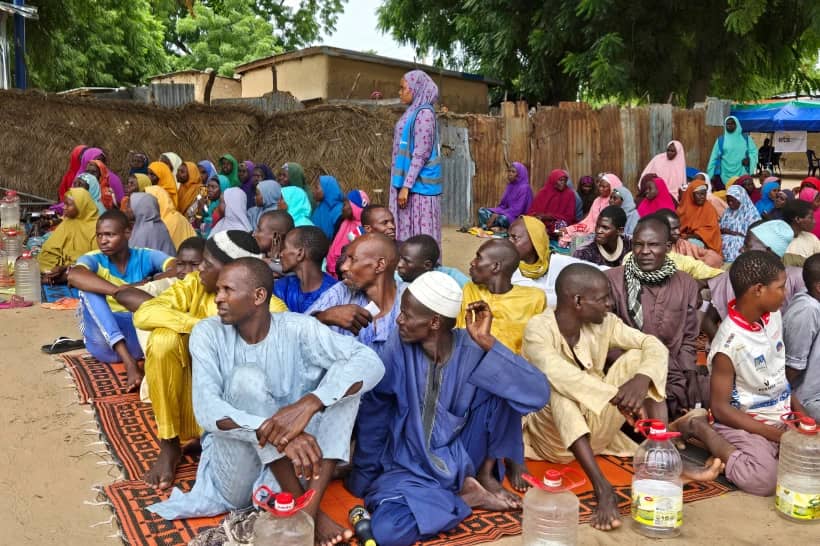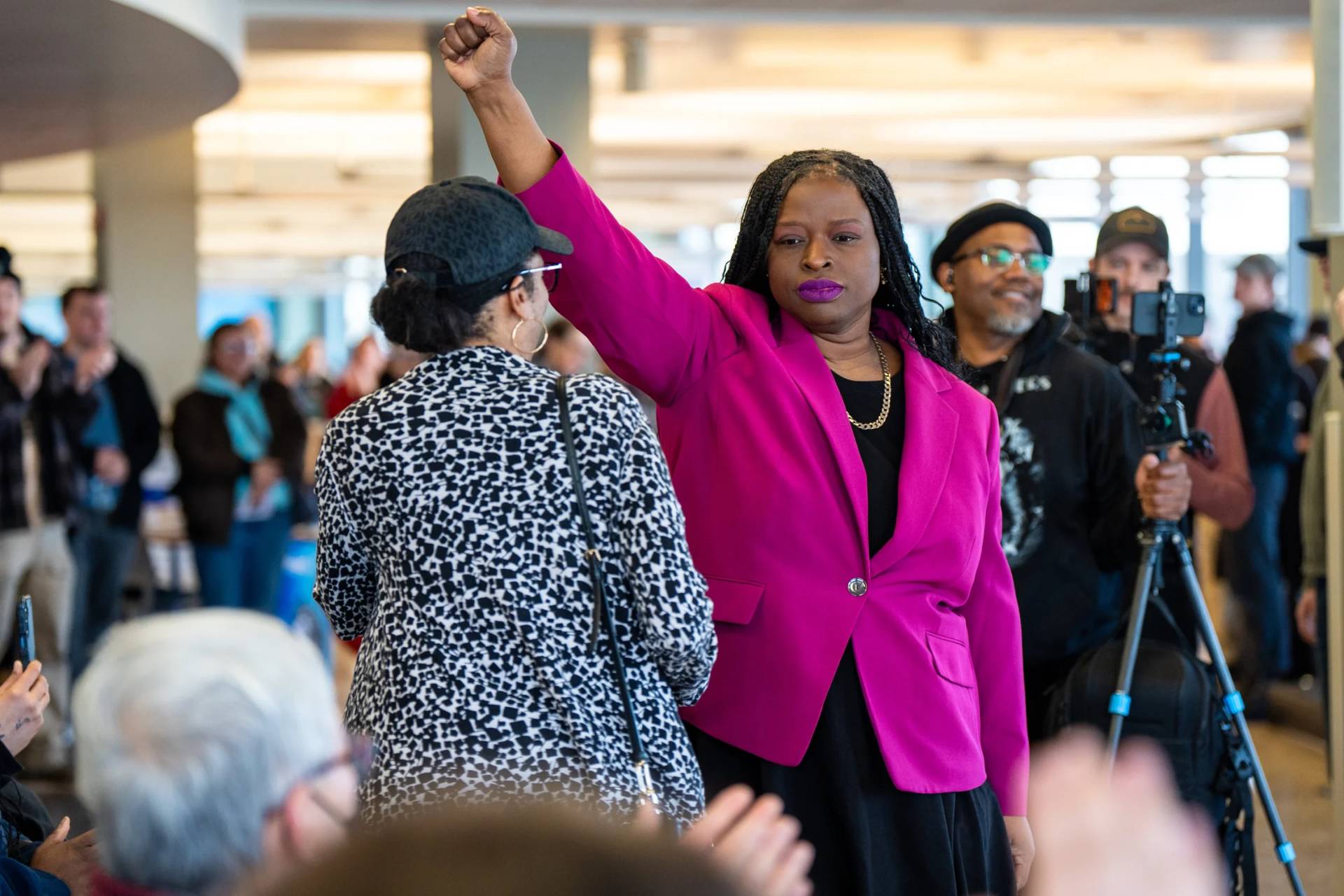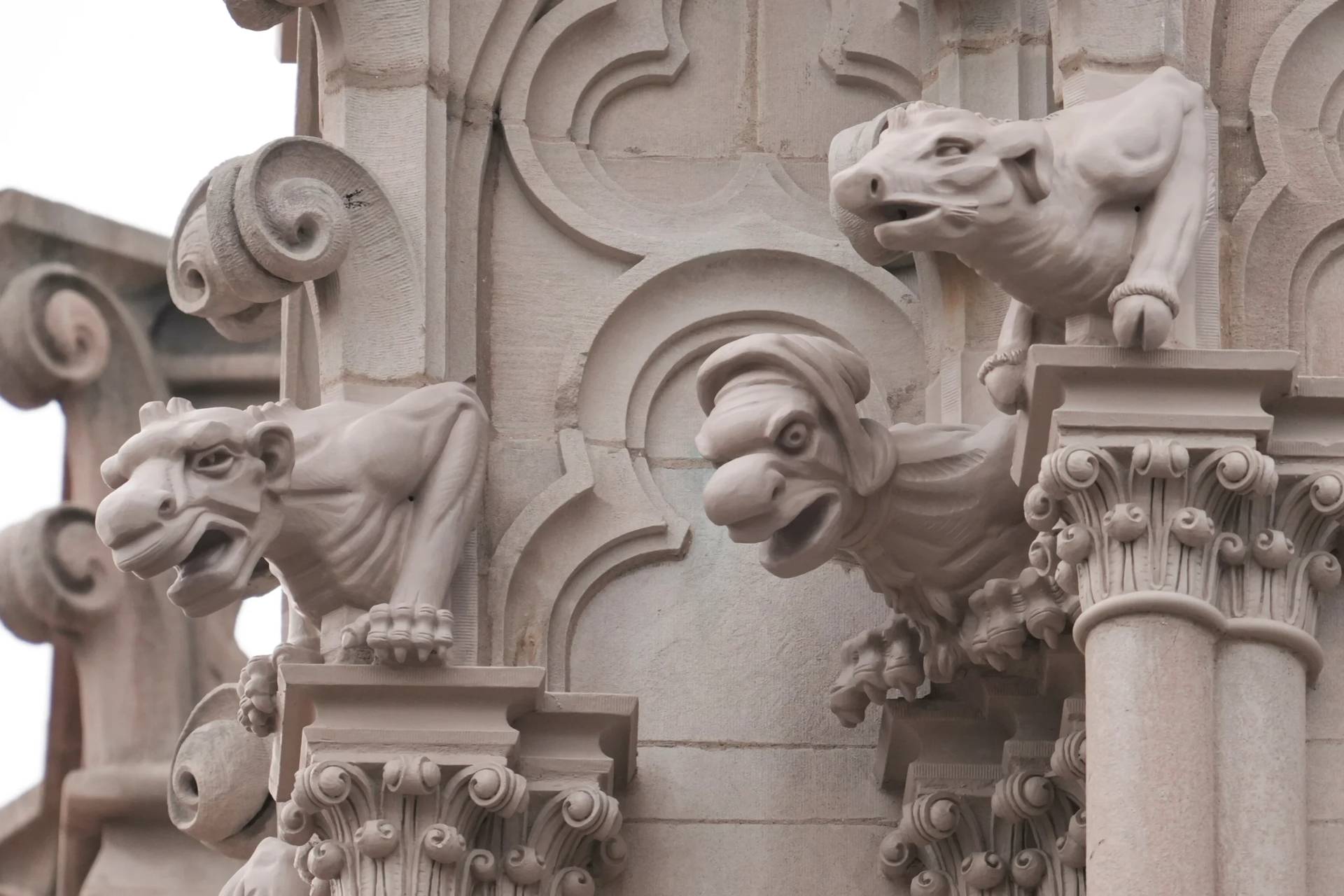NEW YORK – Just as in the days following last month’s school shooting in Uvalde, Texas, Archbishop Gustavo García-Siller this week has been visiting hospitals, celebrating Masses, and praying. This time, it is for dozens of migrants who were found dead in an abandoned tractor trailer on the outskirts of San Antonio.
The archdiocese will have a procession with a candle for each of the 53 victims of the abandoned tractor trailer at the Main Plaza in San Antonio that will be integrated into the celebration of a Mass. García-Siller said they’ll use the gathering to pray for the victims and survivors, and to recognize the victim’s families and countries of origin.
At the same time, García-Siller is calling on elected leaders to come together and address the country’s immigration system.
“Everyone who dies as an immigrant, I feel responsible,” García-Siller told Crux. “And we as a country cannot just say another 53 immigrants died that were trying to come and invade our country. We are responsible with how they are treated, and how they are used, or abused, or if they are human trafficked in the United States. It’s not another country’s problem. It’s our nation’s problem.”
“And it has been decades and the leaders who are learned, who are experts, who are the leaders of communities of the country; they cannot dialogue as people of integrity and deal with the issue,” the archbishop continued. “It’s just a negative connotation about the immigrants from the south that has been increasing over the years.”
The abandoned tractor trailer was discovered late on Monday, June 27. There was a total of 67 migrants on board. Of the 53 that died, forty are male and 13 are female. Their countries of origin included Mexico, Guatemala, and Honduras.
The migrants were in the truck as part of a smuggling operation. The suspected driver of the truck, Brownsville native Homero Zamorano Jr., 45, was arrested June 29, and charged with one count of alien smuggling resulting in death, according to a June 29 news release from the U.S. Department of Justice. Three others were also arrested in connection to the crime.
The tragedy happened at a time when the number of migrants crossing the U.S.-Mexico border continues to grow. There were 239,416 migrants encountered at the southwest land border between the U.S. and Mexico in May, according to U.S. Customs and Border Protection data. That number is almost 60,000 more than the May 2021 total of 180,597.
Last week, García-Siller said the Archdiocese of San Antonio, through Catholic Charities, put up 1,670 migrants in San Antonio hotels. Over 1,000 migrants are being housed in San Antonio hotels every week, according to data provided to Crux by Catholic Charities San Antonio.
García-Siller said “integral immigration reform” is needed to address the immigration crisis in the U.S., and in turn smuggling and human trafficking. He uses the word integral because it follows Pope Francis’s call to “process immigrants starting with welcoming, and ending with integration in the communities.” He also noted that “integral” is better than the word “comprehensive” because there is no Spanish translation for comprehensive in the way that it’s understood in the U.S.
“Integral is the whole person,” García-Siller said. “Everyone has the right to be seen as a whole person and we are a country of so many resources, and supposedly very well educated, with great jobs, and great science, and yet we cannot see the person as a whole.”
What integral immigration reform looks like, though, is more complicated. García-Siller admitted he doesn’t have the solutions for the U.S. government, but noted that the deterrent policies of recent years that immediately expel migrants to Mexico aren’t the answer. He also noted that making sure there are ways migrants can come to the U.S. to claim asylum and legally enter the country to start the asylum process is essential.
With deterrent policies in place and no access to the asylum process many migrants try to desperately cross into the U.S. multiple times. Meanwhile, those who stay in Mexico after expulsion are “abused in many ways because they were not put there in an orderly manner and with the dignity a human person deserves,” García-Siller said. This also opens them up to the “business” of smuggling and human trafficking.
García-Siller said church migrant shelters should incorporate more education about the dangers of smuggling and human trafficking when people come through their doors, so they know what to look for and what to avoid as they continue their journey.
The archbishop cautioned that if the immigration crisis goes unaddressed the number of migrants at the border “will increase tremendously,” considering “we are one of the richest nations with resources and the people just want to live.”
He added said the archdiocese will continue helping whoever they can.
“We are going to continue doing all that we can and to serve the individual because there is no legal system in place,” García-Siller said.
Follow John Lavenburg on Twitter: @johnlavenburg














